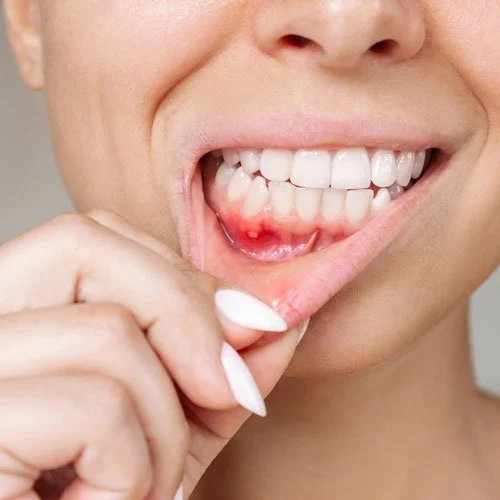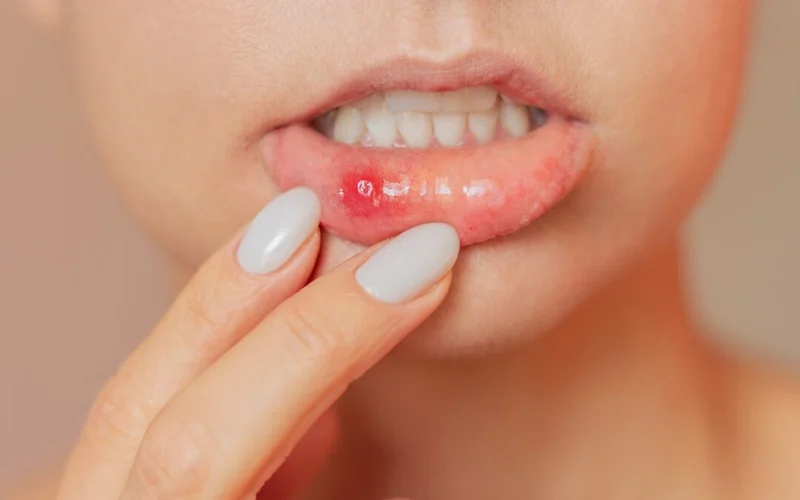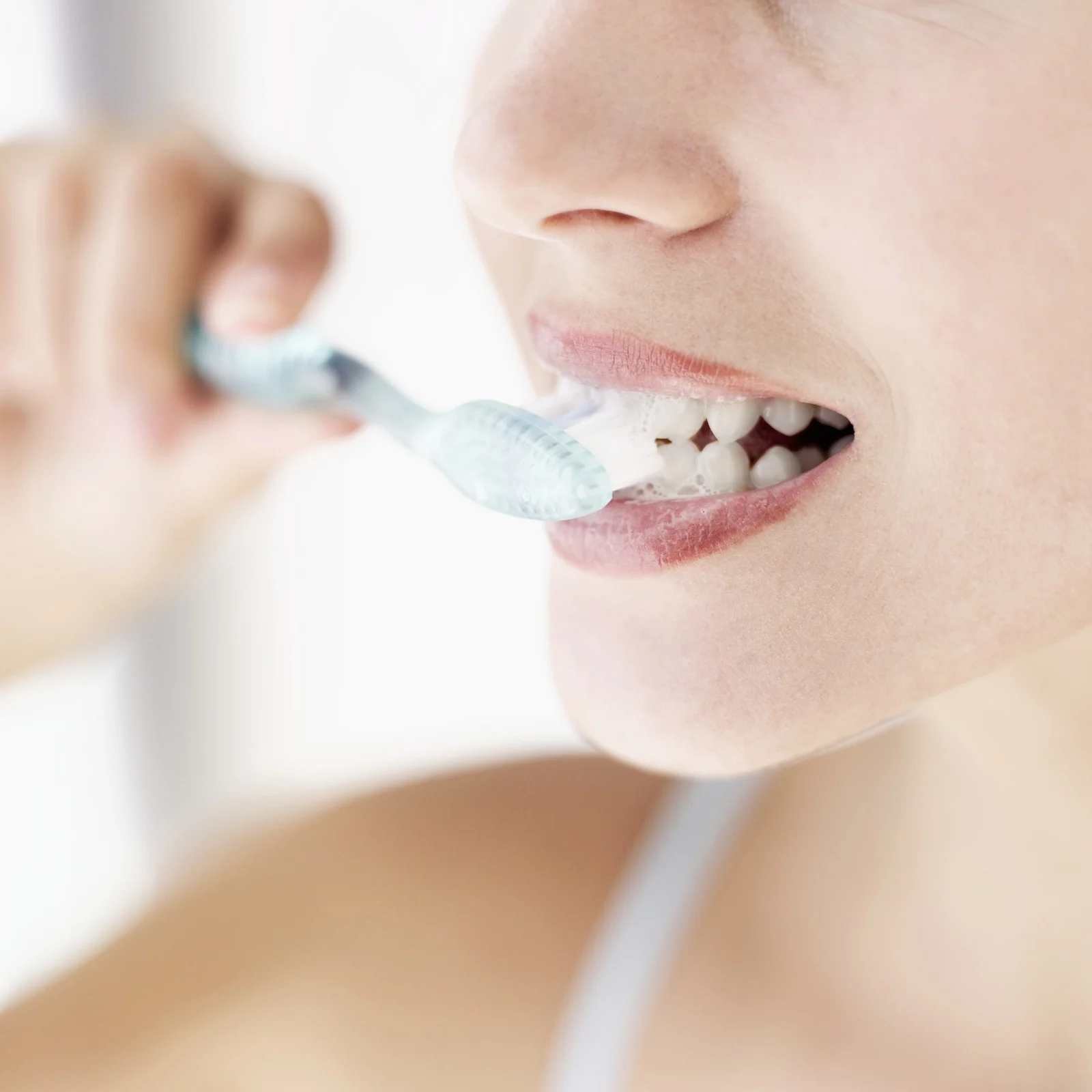Menu












If you're dealing with a persistent mouth ulcer or want to know how to prevent them, our friendly team at Dental & Wellness London is here to help. We’ll work with you to provide fast relief from your mouth sore and ensure your mouth heals quickly and effectively.


























